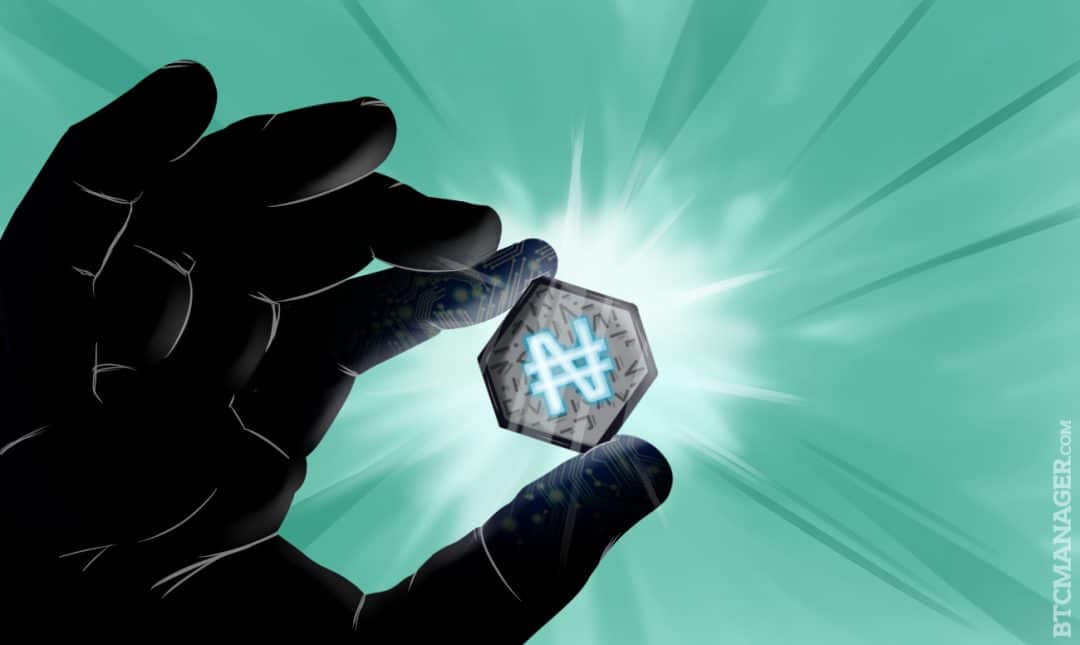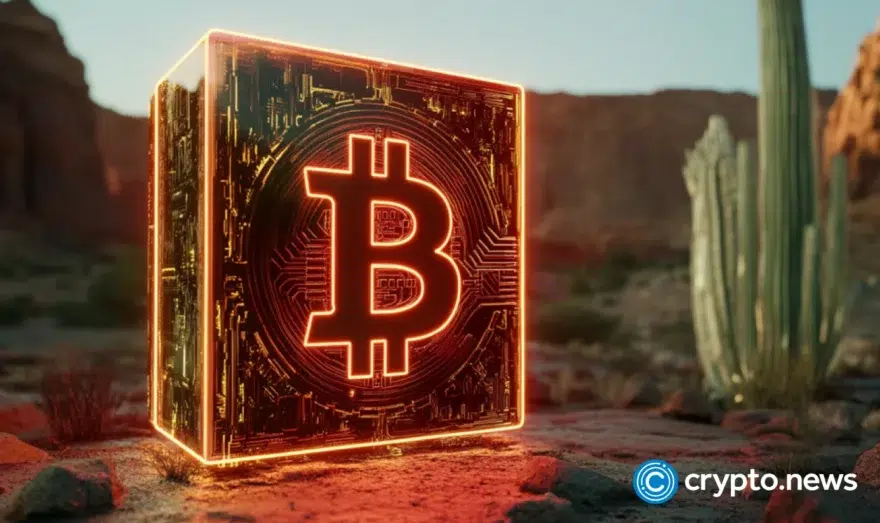AI Hedge Fund Numerai Issues One Million ‘Numeraire’ Tokens to its 12,000 Data Scientists

Traditionally, hedge funds have been run by seasoned investment managers who have been strategically picking financial securities and assets to invest in to generate absolute returns for their investors. In the last ten years, many hedge funds moved on from the traditional model to leverage new technologies such as algorithmic trading, high-frequency trading, artificial intelligence, among others.
San Francisco-based hedge fund Numerai, however, is taking technological innovation a step further by crowdsourcing market prediction models developed with artificial intelligence and machine learning technology using encrypted financial data. Numerai receives these prediction models from 12,000 anonymous data scientists from around the world who are incentivised by compensation in the form of digital currency if their models are successful.
The hedge fund was founded in 2016 and is run by 29-year old South African Richard Craib who has managed to raise funds from the likes of Renaissance Technologies co-founder Howard Morgen and Union Square Ventures.
According to Numerai’s website, the fund runs a long/short global equity strategy based on its data scientists’ machine learning prediction models. Numerai provides its data scientists with encrypted financial data, and the data scientists send their prediction models’ results back to the fund without actually knowing what the data sets mean. “Because Numerai data scientists do not know what our data represents, human biases and overfitting are overcome. Numerai does not know what algorithms our data scientists are using because data scientists only upload predictions – their code and intellectual property remain theirs. Encryption and anonymity facilitate this trustless relationship between Numerai and our data scientists.”
The performance of the hedge fund and its current assets under management are not publicly available information.
Numerai Changes its Model, Issues ‘Numeraire’ tokens to its Contributors
On February 21, Numerai announced that it had issued its digital token, called Numeraire, to all of its 12,000 contributing data scientists. This marks the first time that a hedge fund has issued its own cryptocurrency.
The idea behind issuing digital tokens to all contributing data scientists is to leverage the positive network effect by incentivising contributors to work together to create better models.
Up until February 21, all data scientists have been paid in bitcoin when their models were successful. Using bitcoin, however, created a negative network effect as there is a finite amount of the cryptocurrency and data scientists were competing against each other in delivering the most successful predictions for which they were then paid in bitcoin. Now, by being rewarded in the fund’s app-coin, which functions much like a share in the fund, contributors are encouraged to collaborate to develop better prediction models as the value of numeraire should increase as the value of the fund increases; this, thereby, creates a positive network effect.
Numerai Founder Craib told Forbes: “Finance is totally competitive right now. There’s no reason why you’d want to help your friend with a hedge fund if you have a hedge fund. But if you both held the same cryptocurrency, and it went up in value together, maybe there would be more collaboration.”
The tokens have been distributed to the contributing scientists in relation to their past performance in Numerai’s prediction model tournaments. There will be no crowd sale to investors nor will there by any Numeraire mining as is the case with the cryptocurrency bitcoin. The new crypto-token is solely meant for the contributing data scientists and is the reward for mining Numerai’s data to successfully predict stock market movements.
Now, when a Numerai user submits a new prediction model, he or she stakes a certain amount of numeraire depending on how confident he or she is in the prediction. The digital token is then tied up in an Ethereum smart contract, which pays out more numeraire if the prediction is successful or destroys the “staked” numeraire if the prediction fails.
The Risks Numerai Faces
While Numerai’s combination of its proprietary digital token and the implementation of smart contracts may warm the heart of cryptocurrency and blockchain enthusiasts, it does pose two substantial risks for the hedge fund, namely securities law and faulty smart contract code.
Being the first hedge fund to issue a digital token means that Numerai is operating in uncharted territory with financial regulators in regards to securities law. The issue of digital tokens and currencies, which has become an increasingly popular way to raise funds for blockchain projects in the last two years, is still entirely unregulated, which means there could be potentially restrictive regulation just around the corner that could harm Numerai’s new reward model. Having said that, research director at cryptocurrency advocacy group CoinCenter, Peter Van Valkenburg, believes that given the new digital token is a mere form of payment for its de facto employees Numerai’s cryptocurrency will most likely not fall under the jurisdiction of the securities law as it should not be considered a security.
The second risk Numerai faces, the possibility of faulty smart contract code. As witnessed in the Ethereum DAO hack of June 2016, faulty code can easily be exploited by hackers who in the case of the DAO managed to steal 3.6 million ether. To prevent this from happening, Numerai founder Craib has published the company’s smart contract code on Github so that it can be reviewed by anyone and flaws can be identified.
Numerai, a Glimpse into the Future of Stock Market Investing?
Numerai’s team believes that “the most valuable hedge fund in the 21st century will be the first hedge fund to bring network effects to capital allocation.” Without a doubt, Numerai is disrupting the investment management industry by crowdsourcing its investment decisions from anonymous contributors’ market predictions from around the world. Furthermore, by incentivising the collaboration of its contributors to build better models by increasing the value of the currency, they are being paid in may foster the collaborative spirit that Wall Street has been missing since its inception.














